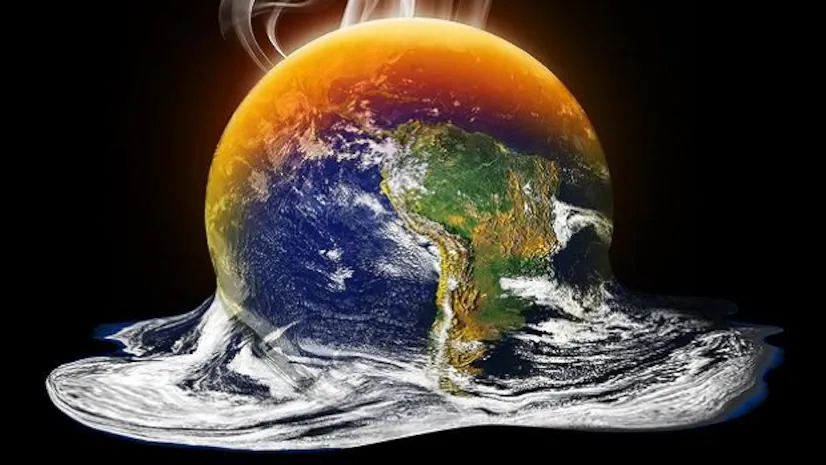In the last two decades, Africa’s share of global greenhouse gas emissions was reported to be less than 4%. Sadly, despite contributing the least to global warming, the continent has suffered the worst from climate change. In the last nine months alone, it was hit by five major weather disasters.
The flash floods in Libya and the devastating earthquake in Morocco in September are the latest and the worst of the several natural calamities that have hit the continent. Ironically, these tragedies happened just after African leaders concluded their discussions on mobilising finance to tackle climate impacts, at the first ever Africa Climate Summit in Kenya from 4-6 September.
About 3,000 people perished in Morocco in a 6.8 magnitude earthquake that destroyed more than 50,000 homes on September 8th. According to UN estimates 30,000 Moroccans are impacted by the earthquake.
Two days later, entire towns and communities were washed away in Libya by heavy rainfall and flooding from a Mediterranean storm. The crisis was compounded after two nearby dams collapsed sweeping away thousands of lives and homes. According to reports, almost 12,000 lives were lost.
The complex political situation in both countries complicated the rescue efforts. The Moroccan government was criticised for its slow response and selective approach to international offers of assistance even in the face of a grave catastrophe. The Country eventually gave access to rescue teams of select countries including Qatar, the UAE, Spain, Israel, etc but refused aid from France.
In Libya, the situation is even more complicated. The country has been under political turmoil for the last 12 years after the overthrow of Colonel Qaddafi in October 2011. The civil war wrecked the economy and ruined the infrastructure. Currently, Libya is divided between two rival governments, the United Nations-backed government in the West and the Libyan National Army in the East, led by General Khalifa Haftar. The absence of effective governance crippled the oil industry, the backbone of the Libyan economy, draining its revenue. The country had no resources to rebuild or maintain its infrastructure including the dams, hospitals, etc. despite warnings from experts. Analysts attribute greed, laziness, and human error for the huge dimension of the tragedy.
What is alarming is that even in the face of a humongous tragedy, the political leaders are in no mood to collaborate for the sake of their people. While Morocco managed to establish a single point for donating to earthquake relief, by virtue of having a single government under a King, the lack of a similar structure in Libya became a major hurdle.
With the unprecedented rise in extreme weather conditions, we can expect more frequent natural calamities. There has been a constant outcry by victim countries demanding that countries who contribute to climate change should bear the burden. There is scope for developing countries to come together and help each other with the discernible shift in the global power balance, as evident from the recently concluded G20. Developing countries should work together to build resilience in the face of climate challenges. In both tragedies, aging and obsolete infrastructure led to extraordinary death tolls. Countries that have good building codes tend to suffer less damage during hazards like earthquakes. G20 countries should share the lessons learned among themselves to protect themselves from such natural disasters.
UN agencies get stretched dealing with frequent natural calamities across the world. Therefore, it is time that Africa develops a continental in-house mechanism to deal with these challenges.
Of course, the natural emergencies in Africa are much larger than an individual African country’s capacity for mitigation measures. Time is of the essence in such situations. Addressing the unmeasurable psychological trauma, restoring normalcy, and providing shelter, medical help, etc. are only a few of the mammoth tasks.
Some analysts are advocating the formation of a specialised global body to deal with natural calamities. Such a move, they say, will evoke a better and quicker response rather than a mechanical one. Theoretically, the proposal makes sense. Yet, there is an urgent need at the country level and continental level to develop a mechanism to ensure consistency and coordination in rescue efforts. The formation of a home-grown mechanism to supplement the international rescue efforts will go a long way in mitigating the misery of the African people.





